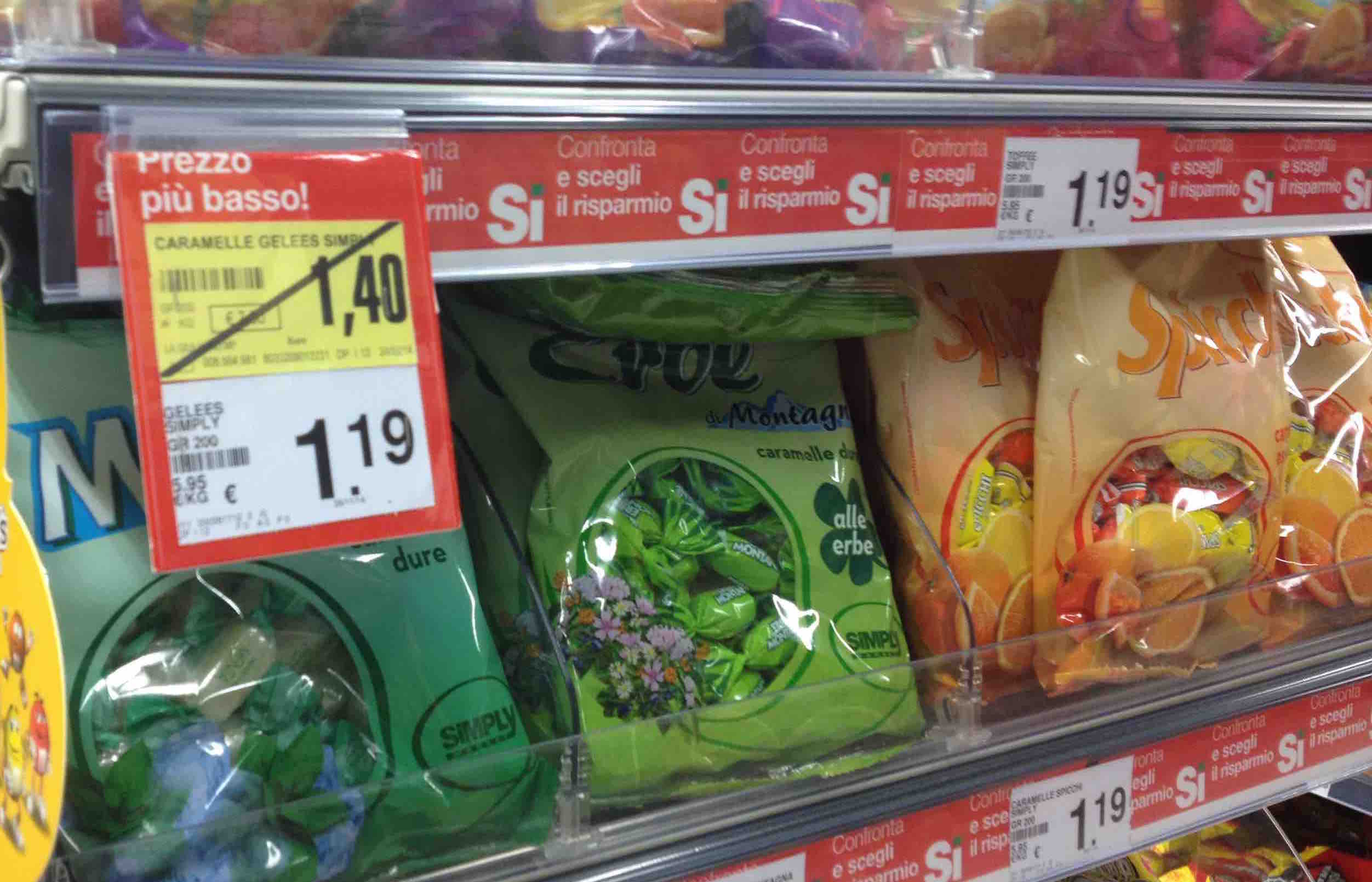
From the Nielsen Global Survey on Private Label and Premiumization Trends, conducted by interviewing over 30,000 internet users, two main common aspects in all 60 countries surveyed emerge: price is the primary driver for the majority of consumers (70% of respondents in fact say they buy private label products to save money), but the appeal of private label goes beyond price and also involves quality.
But have these consumer attitudes, the report asks, turned into sales? The answer depends on the latitude. While in Western countries the share in value of private label products is around 15% or higher (with peaks of over 40% in Europe), in the East, Latin America and Asia it is less than 10% (but in China and Brazil it is 5% or less). The survey points out, however, that there is no unique recipe, even though the reasons for success in one market may drive other markets: the growth of private label in fact requires approaches tailored to individual markets.
Also for Italians (in 66% of cases) the main reason for purchasing private label products is to save money, meaning the possibility of being able to spend less for the same benefits offered by branded products: the price-quality ratio of private label products is in fact considered to be excellent by 67% of consumers. This figure is in line with the European average, although not yet at the level of countries such as Germany, where it reaches 79%.
Price, says the survey, is not an irresistible element of differentiation. Psychological factors can be very powerful, especially in certain categories. For example, in health and beauty private labels have not had a strong impact, despite a price advantage of up to 40%. Even in the most difficult periods, consumers have the desire to indulge occasionally and are willing to pay more for their favourite brands.
“Private label products – pointed out Jean-Jacques Vandenheede, Director of Nielsen Retail Industry Insight – are not naturally predestined to grow, contrary to branded products. Commitment to innovation, analysis and marketing are effective strategies to maintain and increase sales. Aggressive promotional activity, as we have seen in the UK, can also help to consolidate the growth of private labels, but these responsive price measures are not sustainable in the long run”.
The comparison between private label and industrial products is constant and continuous on the part of the consumer, both in terms of the savings offered and product quality. 56% of Italians believe that private labels have a quality comparable to that of branded products (compared to 23% in 2010) and 47% believe that some are superior to industrial brands.
The products for which the consumer is willing to spend more for the quality offered are especially fresh food, particularly fresh or frozen fish and meat (46%), bread and bakery products (33%), cheese (32%), milk (26%) and eggs (21%). Followed by personal and home care products.
But what do Italians want in terms of range, prices, display and performance? First of all, 51% of Italians say that they would buy more private label products if there was more variety. 61% of respondents would like to have them alongside branded products for easier comparison of characteristics and prices. Moreover, the majority of consumers (62%) requests a complete offer that ranges from entry-level to high-end products, including domestic brands: maintaining a balance between the two types of brands on the shelf therefore becomes a key strategy.
Despite the very positive attitude of consumers and the significant growth of private label products in recent years, in 2014 they suffered a setback. Their share of total Grocery turnover YTD September 2014 remained at the same level as 2013 (18.4%) and for the first time sales did not support growth in the consumer segment: -1.5% for private label compared to -0.9% for the other brands.




